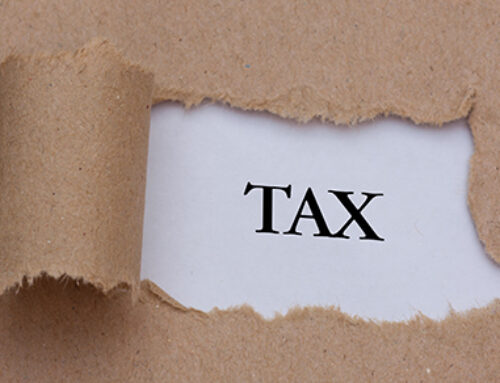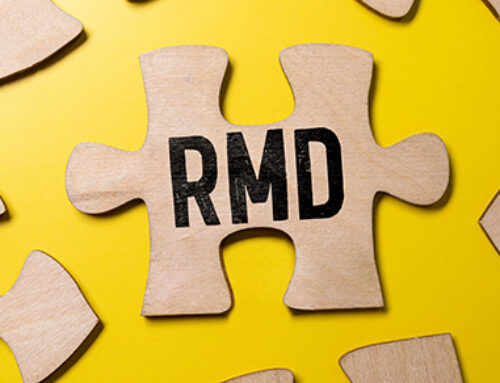Here is a summary update on tax-related provisions in the Coronavirus Aid, Relief, and Economic Security (CARES) Act, Congress’s $2 trillion plus economic stimulus package that the President signed into law on March 27, 2020.
Recovery rebates for individuals. To help individuals stay afloat during this time of economic uncertainty, the government will send up to $1,200 payments to eligible taxpayers and $2,400 for married couples filing joints returns. An additional $500 additional payment will be sent to taxpayers for each qualifying child dependent under age 17 (using the qualification rules under the Child Tax Credit).
Rebates are gradually phased out, at a rate of 5% of the individual’s adjusted gross income over $75,000 (singles or marrieds filing separately), $122,500 (head of household), and $150,000 (joint). (If you make more than these amounts, you won’t get a rebate check!) You must have a social security or tax identification number on file with the government. The rebates are not available to nonresident aliens, to estates and trusts, or to individuals who themselves could be claimed as dependents.
The rebates will be paid out in the form of checks or direct deposits. Most individuals won’t have to take any action to receive a rebate. The IRS will compute the rebate based on a taxpayer’s tax year 2019 return (or tax year 2018, if no 2019 return has yet been filed). If no 2018 return has been filed, IRS will use information for 2019 provided in Form SSA-1099, Social Security Benefit Statement, or Form RRB-1099, Social Security Equivalent Benefit Statement.
Rebates are payable whether or not tax is owed. Thus, individuals who had little or no income, such as those who filed returns simply to claim the refundable earned income credit or child tax credit, qualify for a rebate.





Leave A Comment